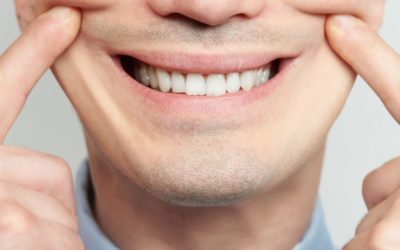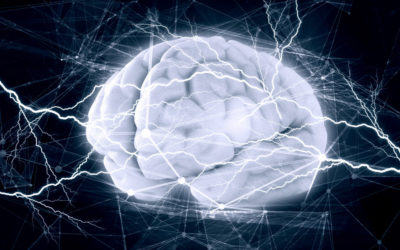Quick Hits
Daily brief research updates from the cognitive sciences

Sleeping well is essential to brain health
I’ve reported many times on different aspects of sleep and how important this is for health in general and for brain health in particular. You can go here for a short review of all the good things sleep does (and the bad things deprivation does!).
However, some people seem to manage perfectly fine on as little as four hours of sleep a night and this is what the researchers at the University of California wanted to know more about.
They have studied people with Familial Natural Short Sleep (FNSS) and identified five genes that contribute to this. And indeed, in this study, with mice it must be said, those with these genes seem to be immune to the degeneration and increased risk of neurodegenerative disorders that is normally associated with sleep deprivation.
This shows that the amount of sleep we need is genetically different, and those short sleepers can reap the benefits of a good night’s sleep in as much as half the time as others. However, be warned of convincing yourself that you are a short sleeper, if you are not, it will be bad for your brain.
But the takeaway is that sleep patterns are driven by genetics, and you will have to find out what works for you best.
My experience tells me that 7.25 hours is what I need, and that is what I try to get…with some natural variation of course. And more research (published after I had written the above) has shown how much this is. I seem to be pretty spot on with my sleeping habits!

Andy Habermacher
Andy is author of leading brains Review, Neuroleadership, and multiple other books. He has been intensively involved in writing and research into neuroleadership and is considered one of Europe’s leading experts. He is also a well-known public speaker speaking on the brain and human behaviour.
Andy is also a masters athlete (middle distance running) and competes regularly at international competitions (and holds a few national records in his age category).
Reference
Qing Dong, Nicholas W. Gentry, Thomas McMahon, Maya Yamazaki, Lorena Benitez-Rivera, Tammy Wang, Li Gan, Louis Ptáček, Ying-Hui Fu.
Familial natural short sleep mutations reduce Alzheimer pathology in mice.
iScience, 2022; 103964
DOI: 10.1016/j.isci.2022.103964
More Quick Hits
Yes, Fake Smiling Does Improve Your Mood
Can just smiling, even if fake, improve your mood? This has been proven, debunked, re-proven and now re-re-proven…
How Your Brain Decides to Help Others in Danger
In times of crises and danger we may hide and flee as our natural instincts would guide us, or do something else: put ourselves at danger and help others.
Two Types of Willpower
There are two types of will power – and one is much more effective…
Our Brains Seem to Use Quantum Computations
It has been proposed that our brain uses quantum processes but this is hard to prove – until now that is…
Insults Trigger the Equivalent of a Slap to the Face in the Brain
What do insults do to our brain wave patterns, do they degrade over time and how do they compare to compliments?
Even a Short Bout of Exercise Can Boost Brain Growth
Exercise is good for you – we all know that. But can just a single bout of exercise do you and your brain any good?






